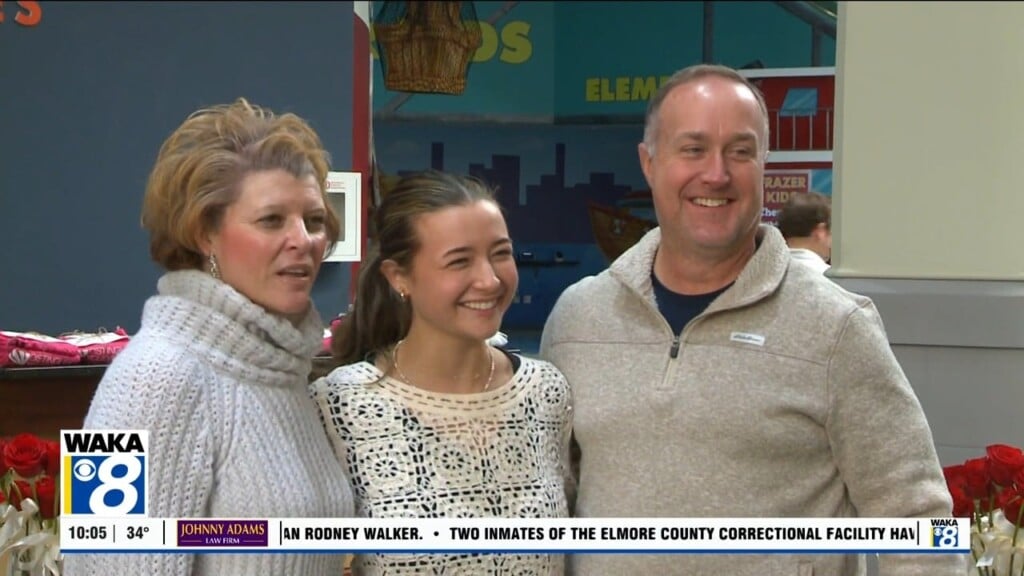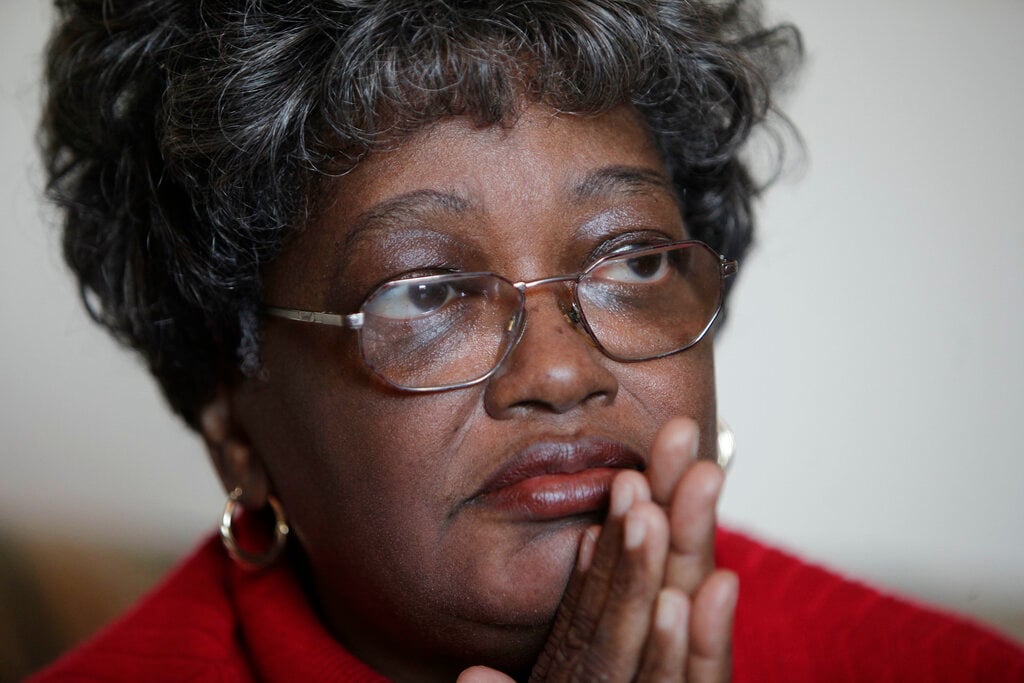Supreme Court Justice honors the memory of four Black girls killed in 1963 church bombing
Today marks the 60th anniversary of the bombing of a Birmingham church that killed four Black girls. U.S. Supreme Court Justice Ketanji Brown Jackson came to Alabama for the first time ever today, to speak at the 16th Street Baptist Church. She said the nation must remember the hardest chapters of its past in order not to repeat them.
Justice Jackson delivered her remarks from the pulpit of the Birmingham church where four little girls were killed by a Ku Klux Klan bomb in 1963. Justice Jackson is the first Black woman to serve on the nation’s highest court.
Hundreds of people, Black and white, filled the church Friday for the remembrance. The church bell tolled four times as the names of the girls were read. The crowd also stood to honor the “fifth little girl” in the room that day who survived.
Justice Jackson, who was born in 1970, gave the example of how her own parents made sure, even at a young age, that she learned about what happened in Birmingham, Selma and other battlegrounds of the Civil Rights Movement. Justice Jackson said that Birmingham was, “A place where people remember what it cost to make it this far. I come with the understanding that I did not reach these professional heights on my own, that people of all races and faiths, people of courage and conviction cleared the path for me in the wake of the horrible tragedy that snuffed out the too brief lives of those four little girls.”
Klansmen had placed a bundle of dynamite outside the church under a set of stairs on that day in 1963. The girls were gathered in a downstairs washroom before Sunday services when the blast exploded at 10:22 am. The explosion killed 11-year-old Denise McNair, and Cynthia Wesley, Carole Robertson, and Addie Mae Collins, all 14. A fifth little girl, Sarah Collins Rudolph, the sister of Addie Mae, was in the room and was severely injured — losing an eye to the explosion— but survived.
The bombing came during the height of the Civil Rights Movement, eight months after then-Gov. George Wallace pledged, “segregation forever,” and two weeks after the Rev. Martin Luther King Jr. delivered his iconic, “I Have a Dream” speech in Washington.






